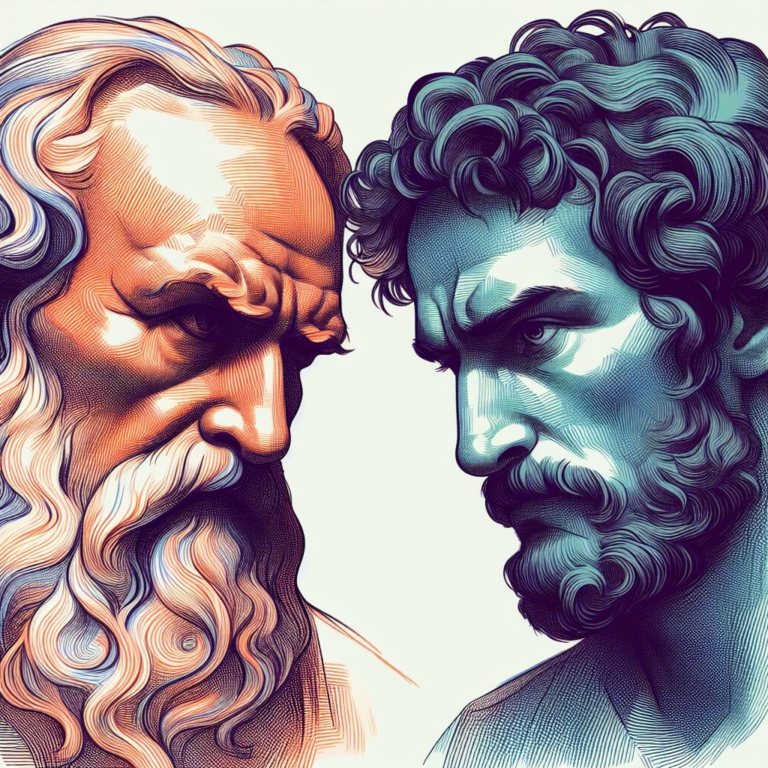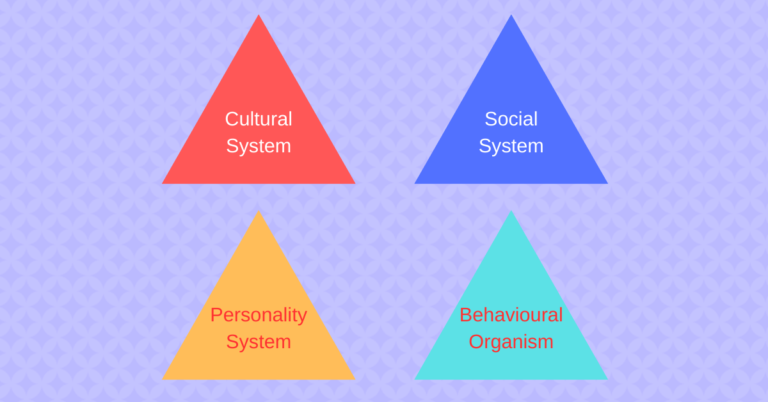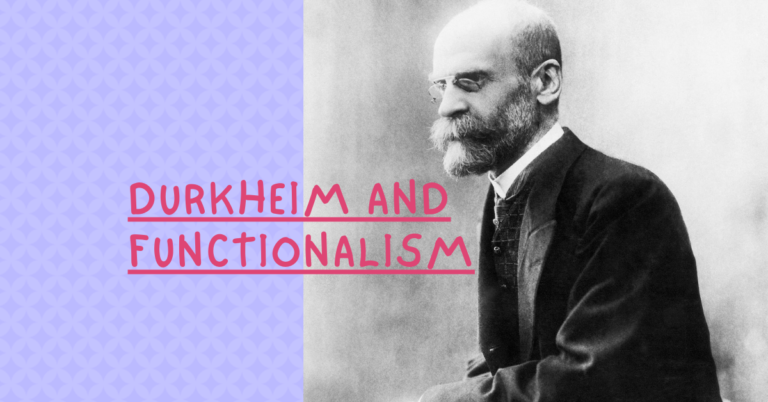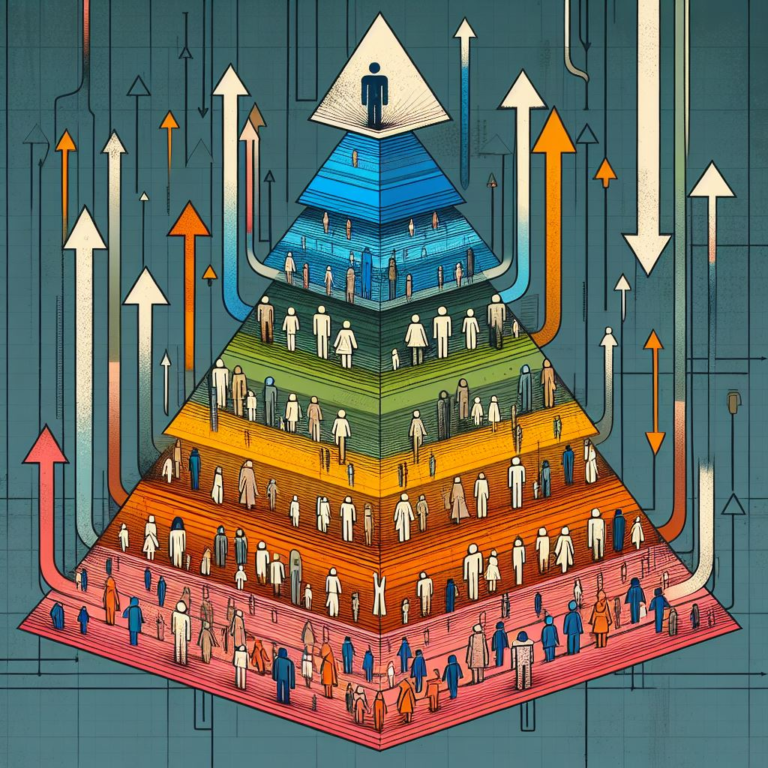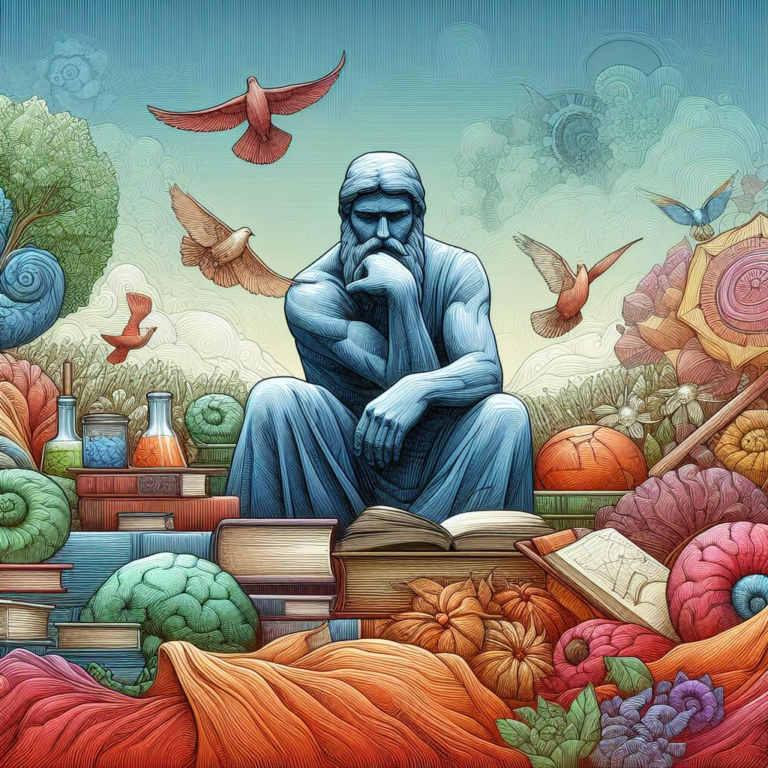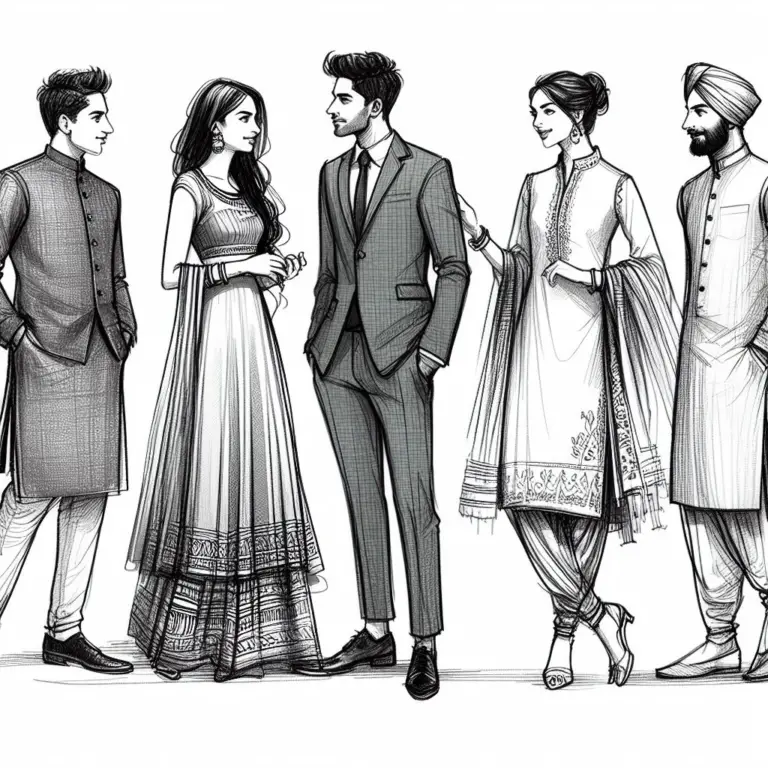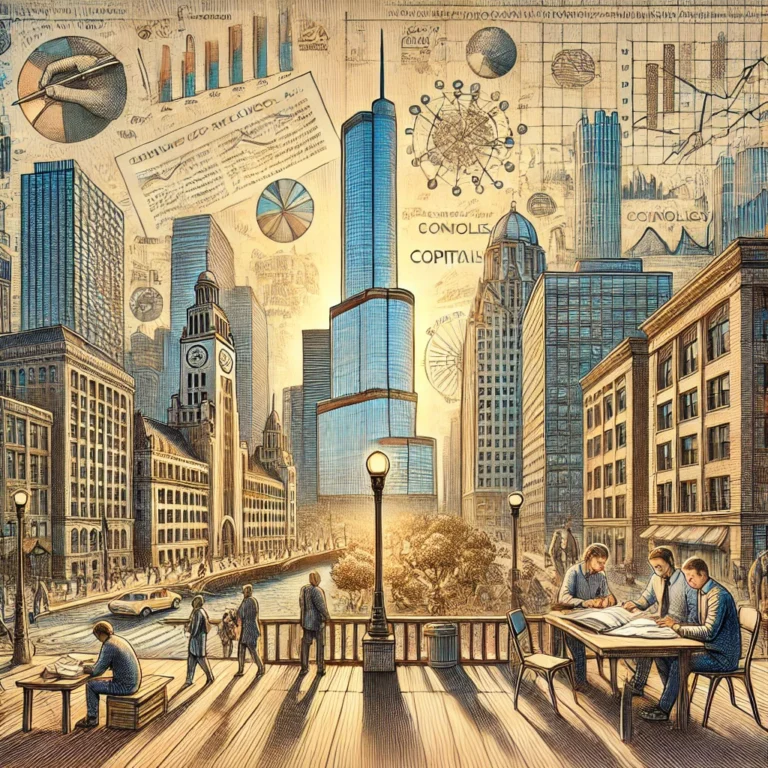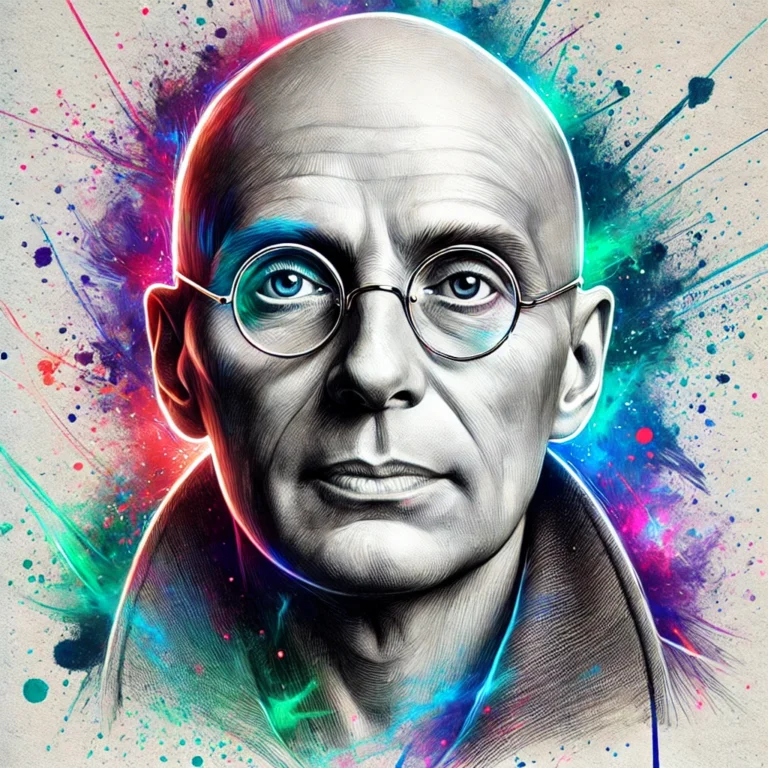Similarities and Differences between the ideas of Marx and Weber
Karl Marx and Max Weber are two of the most influential social theorists of the 19th and 20th centuries. Both Marx and Weber were concerned with the nature of society, and both sought to understand the ways in which social institutions, values, and norms shape human behavior and experience. Despite their many similarities, however, Marx […]

